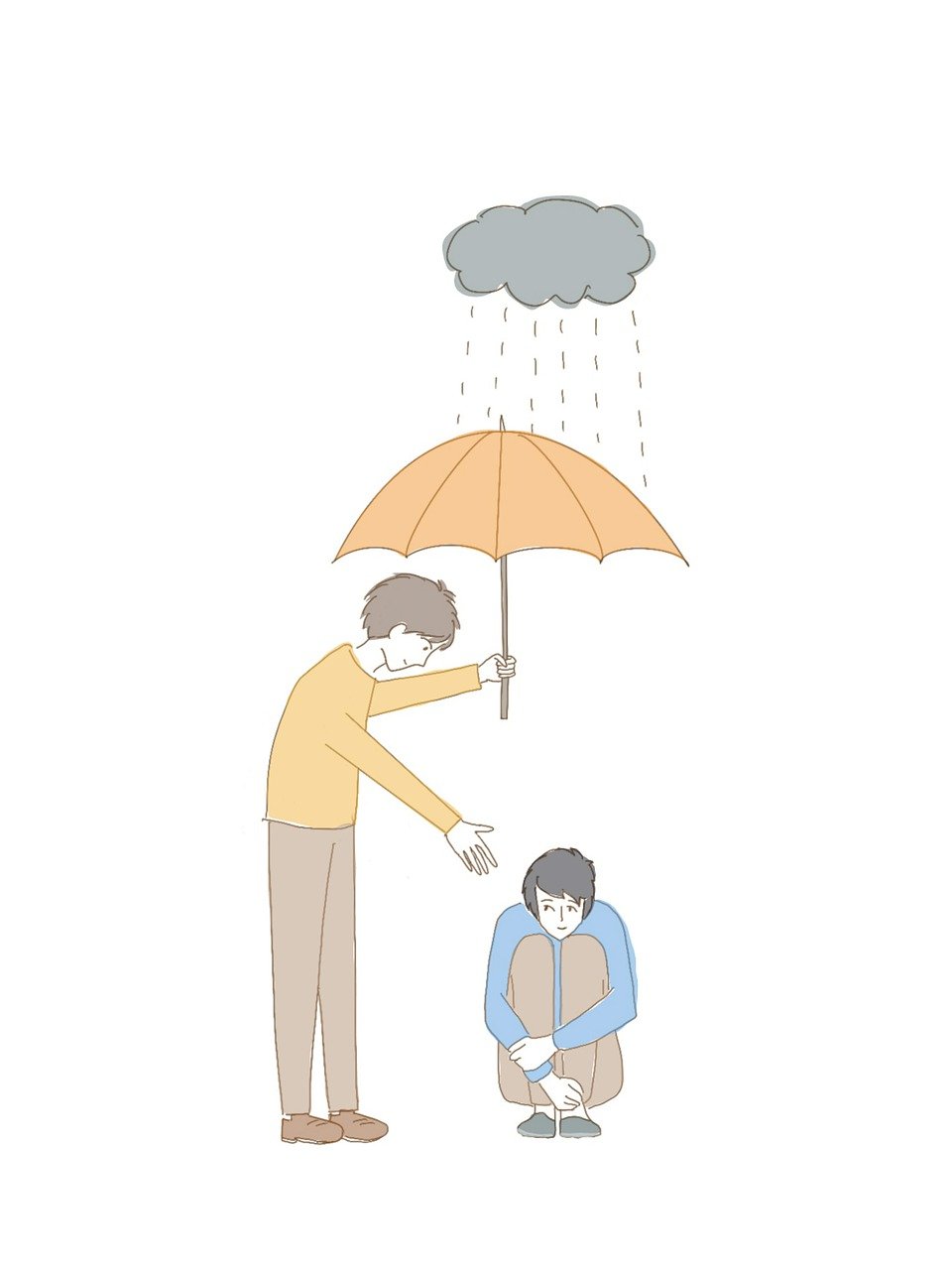Mental health.
Mental health, much like our society, is a vibrant tapestry woven from diverse threads. While the core need for well-being transcends demographic boundaries, different populations navigate unique challenges and experiences that shape their mental health landscape. Recognizing and addressing these specific needs is crucial in fostering a truly inclusive and supportive environment for all.

Children & Adolescents:
Stepping into their own skin, youth juggle academic pressures, social anxieties, and evolving identities. Early intervention for issues like bullying, learning disabilities, and family struggles can set a strong foundation for mental resilience. Culturally relevant initiatives promoting open communication and emotional literacy are essential.
Women:
Balancing societal expectations, career aspirations, and familial responsibilities often puts immense pressure on women's mental health. Addressing concerns surrounding postpartum depression, body image issues, and gender-based violence requires tailored support systems and destigmatization of seeking help.

Men:
Traditional notions of masculinity can discourage men from seeking help for mental health issues, leading to underdiagnosis and treatment gaps. Encouraging open dialogue about emotional well-being, promoting accessible and confidential services, and dismantling harmful stereotypes are key to bridging this gap.

LGBTQ+ Community:
Facing discrimination and social stigma on top of everyday challenges, LGBTQ+ individuals experience higher rates of anxiety, depression, and substance abuse. Creating safe spaces for self-expression, affirming their identities, and fostering inclusive mental health services are crucial steps towards inclusivity.
Minority Groups:
Systemic inequalities, cultural barriers, and limited access to resources can impact the mental health of minority communities. Culturally competent service providers, language accessibility in care, and addressing issues like racial trauma and discrimination are essential for equitable access to mental healthcare.
Elderly Population:
Loneliness, isolation, and physical health concerns can create unique mental health challenges for older adults. Promoting social connection, providing mental health services integrated with primary care, and addressing ageism are key actions to support mental well-being in this age group.
This is just a glimpse into the diverse mental health landscape. By understanding the specific needs and challenges faced by different populations, we can build a more comprehensive and inclusive approach to mental health, ensuring that everyone has the opportunity to thrive.

Remember:
This is just a starting point. You can tailor this article to focus on a specific population or mental health issue. You can also add personal stories, statistics, or resources to make the article more engaging and informative.
Resources:
- National Alliance on Mental Illness (NAMI): [https://www.nami.org/]
- MentalHealth.gov: [https://www.mentalhealth.gov/]
- World Health Organization (WHO)
- National Institute of Mental Health (NIMH): [https://www.nimh.nih.gov/]
- SAMHSA National Helpline: 1-800-662-HELP (4357)
Additional Tips:
- Conduct interviews with individuals from the chosen population and mental health professionals working with them to gain personal perspectives.
- Use data and statistics to support your claims about disparities and the impact of mental health.
- Maintain a respectful and inclusive tone throughout the article.
- Offer resources for readers seeking help or wanting to get involved in supporting mental health initiatives
Remember, the goal is to raise awareness, challenge stigma, and promote positive change for mental health in the chosen population.
I hope this helps!


You must be logged in to post a comment.